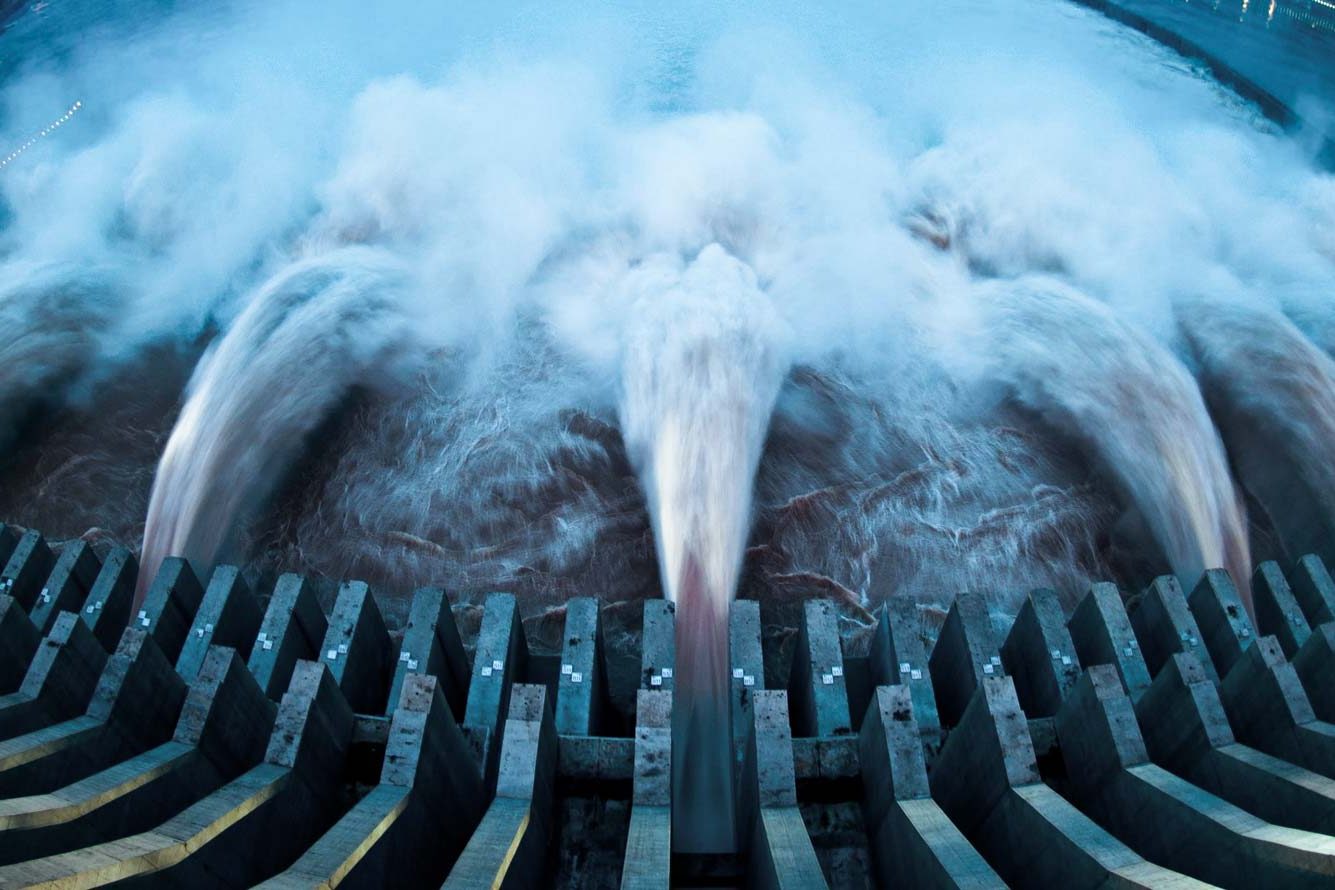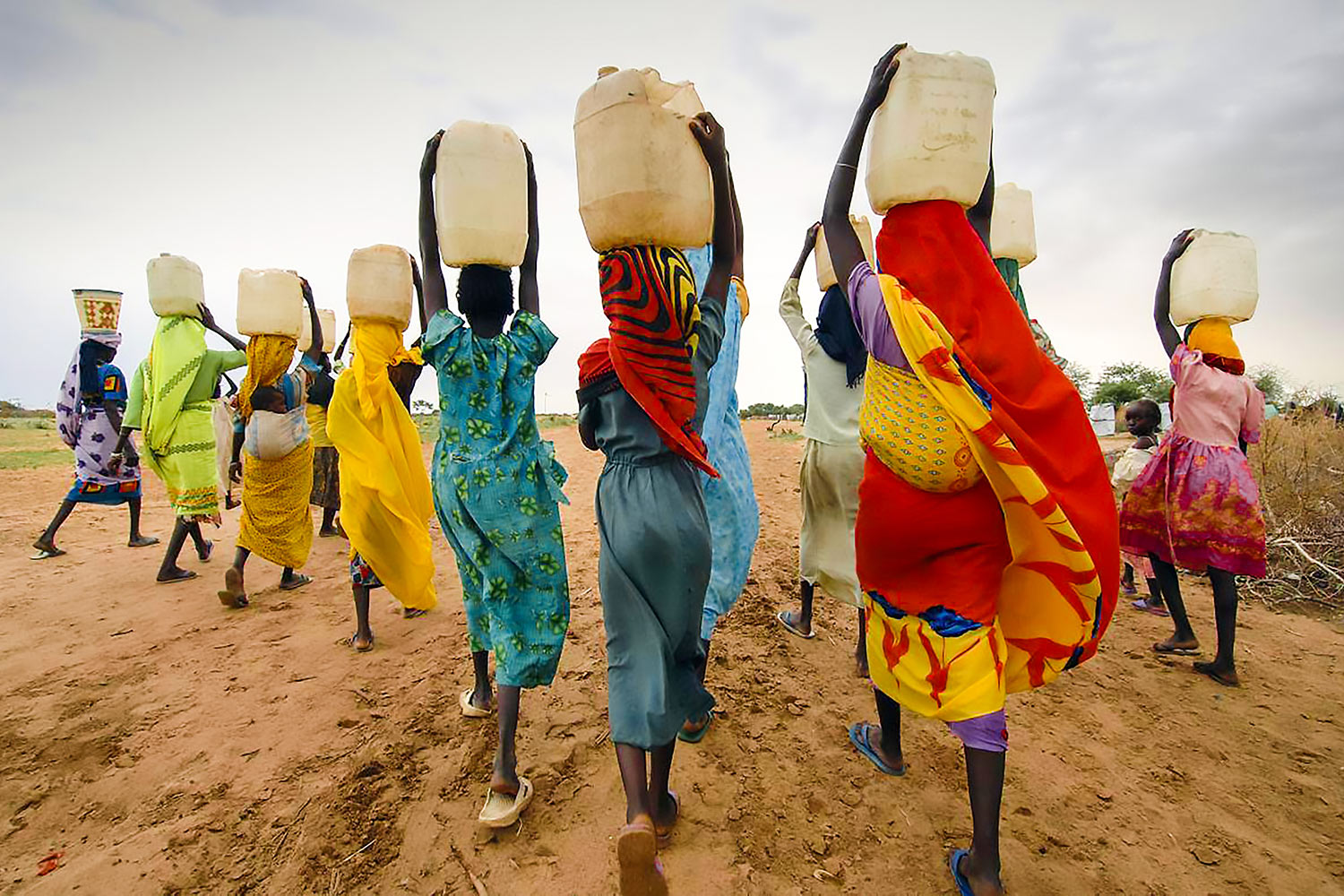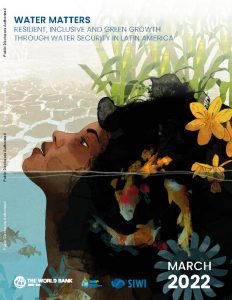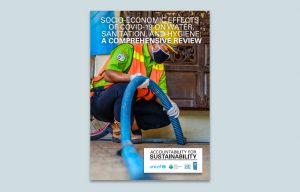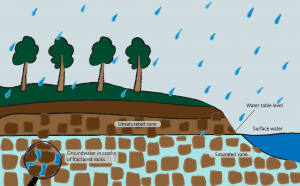Many of the most pressing challenges in the world are about water: too little, too much or too inferior. Such challenges can only be effectively addressed through adequate governance of available water resources.
Water governance refers to the political, social, economic, and administrative systems that influence the use and management of water. It is essentially about who gets what water, when and how, and who has the right to water, its related services and their benefits.
Good water governance is essential to achieve water security, fairly allocate water resources, and avoid disputes. It has social, economic, political, and environmental dimensions, all of which must be carefully considered and addressed.
How societies choose to govern their water resources and services has a profound impact on people’s livelihoods and the sustainability of water resources. Ultimately, access to water is a matter of survival and can, in many cases, help to break the circle of poverty. Improving water governance is therefore essential to alleviating global poverty.
Sound governance of water resources is also vital for the attainment of the Sustainable Development Goals. Inadequate access to drinking water and sanitation is a significant threat to public health, making it a major obstacle to sustainable social and economic development.
Water governance faces many challenges
Poor resource management, corruption, inappropriate institutional arrangements, bureaucratic inertia, insufficient human capacity, and lack of investment funds all undermine the effective governance of water.
Moreover, the allocation of water is often determined by factors and actors outside of what is traditionally defined as the water sector. Agriculture, trade, energy, and environmental and industrialization policies all affect water allocation, but none of these are generally within the control of the water sector. This makes good water governance particularly challenging.
The answer to such challenges is to establish clear roles and responsibilities for governments, civil society, and the private sector in relation to water resources. Each actor has an important part to play and water governance is about creating the foundation for them to do just that.
